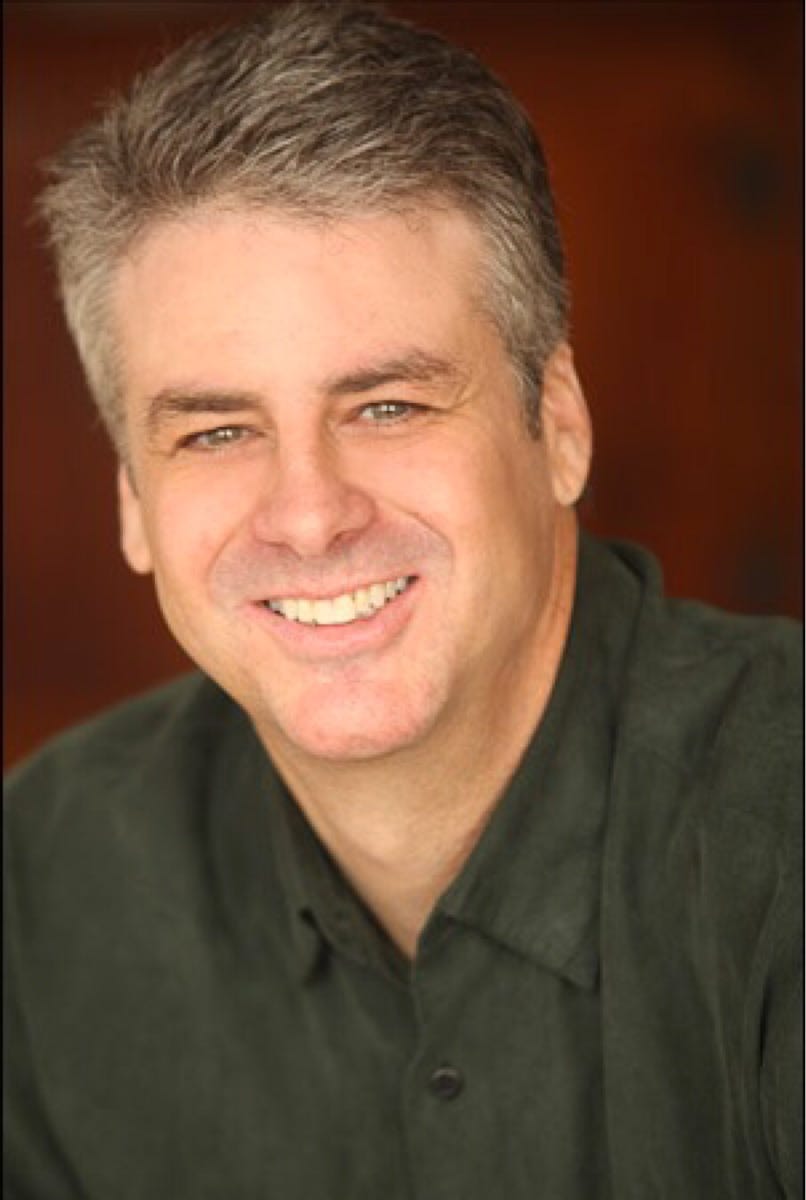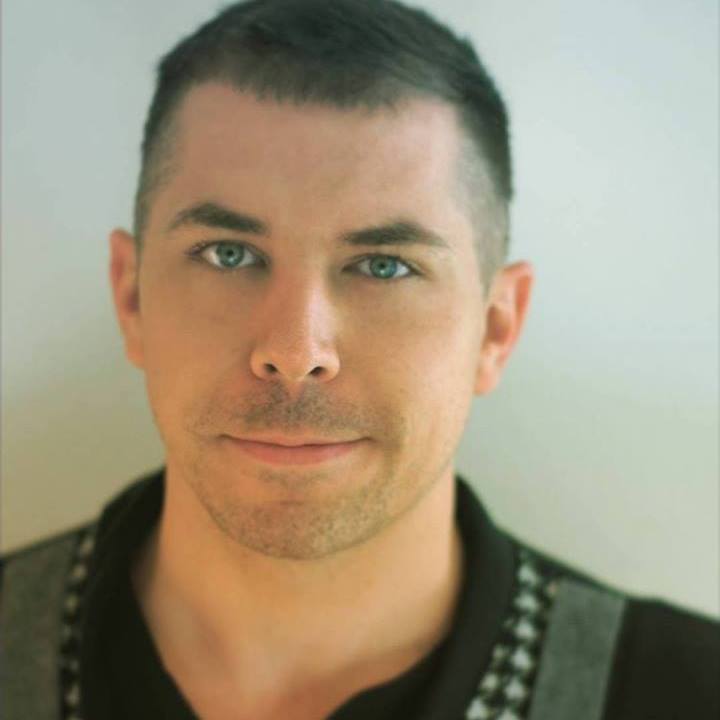This decade has brought to light the major economic shifts underway, changing the way people earn a living, how they work and even the structures of companies themselves.
As of this writing, 53 million Americans derive some income from the gig economy, either as their primary source of income or as a side hustle. Employers expect to continue increasing their reliance on freelance and contract workers in the coming years. Eighty-six percent of executives recognize that top-down hierarchies no longer work. And 72% of current business leaders have followed their own non-traditional career paths.
But many people in the gig economy don’t know how to adequately market their skills for this kind of work. And even though business leaders see the current hierarchical system no longer works, they don’t know what to do instead.
 Michael Liquori is on a mission is to change that.
Michael Liquori is on a mission is to change that.
“Our economy is in the early stages of a massive shift,” he says, “driven by innovations in technology, generational preferences around how people work, greater mobility, artificial intelligence, cryptocurrencies and the democratization of capital.”
Michael’s company, Symbeosis, is working to empower more humanity in the workplace, by actually teaching us to live in harmony with this emerging economic ecosystem.
And it’s an alchemical mix of the work he’s been doing his entire life.
Born to coach
Michael’s first foray into coaching was when he was just 14 years old. He was selected to participate in an innovative pilot program studying the impact of youth leadership. In the program, adult teachers were replaced by a team of student leaders tasked with overseeing classes comprised of high-risk students.
“For the entire year, we led the class every day — focused entirely on coaching and supporting kids who were facing homelessness, drug addiction, poverty, abuse and a whole host of life struggles that were getting in the way of an education,” says Michael. He and the pilot program participants were receiving support as well. After each class, the student leaders met with their adult supervisors to review the challenges and successes of each day. And then they received their own instruction on the coaching skills needed to succeed.
“I’m proud to say that all 35 students ultimately graduated high school,” says Michael. “That opportunity had a massive impact on me. And in 1983, I went on to become one of the very first certified coaches in the country, at the age of 17.”
Getting environmental
Unfortunately, back then, there was no work in coaching.
So Michael directed his attention to the environment. He earned a BS in Earth Sciences, an MS in Earth Resources and spent 5 years working on a doctorate in Forestry. After graduating, he worked as a watershed manager in Seattle, where he helped develop an innovative “Forests & Fish” plan that protected over 60,000 miles of salmon streams in the state.
“A few years into my doctorate work, I attended a workshop with T. Harv Eker and got reconnected to the personal development industry,” explains Michael. And once he was back in, he was hooked. He says, “The work with Harv extended over several years, and never really stopped, as I became a bit of a transformation junkie.”
As he became more immersed in personal development, he developed angst about the direction his career had taken. So when his hard-drive crashed, and he lost all of his dissertation work, he felt the universe was telling him what to do. He dropped out of his doctorate program and never looked back.
The struggles of entrepreneurship
While his work in the environmental sciences would continue to be his primary source of income for a few more years, he started to “moonlight” as a coach by taking on handful of clients. He experimented with developing coaching programs in a variety of subject areas, including green business, entrepreneurship, leadership and innovation.
None of these ventures really got much traction, in spite of putting a lot of time and energy into them. And his primary source of income, Sound Watershed (an environmental practice), was losing interest for him more and more every day.
“I wasn’t focused on growing the business, but I had staff to feed,” says Michael. “I was going through the motions, writing about twenty plus proposals each year, but my win rate was declining. Competition was getting more intense, and frankly I wasn’t getting out there enough to keep myself relevant in the eyes of my clients. I was running a practitioner business that had my work at the center, but was also doing the marketing, sales and administration. I was able to get enough work to scrape by, but I could feel my connection to Sound Watershed dying inside. I kept hoping that a coaching-oriented business would get traction so I could officially put Sound Watershed to bed.”
That didn’t happen. And over the years, Michael descended into a downward spiral, facing greater and greater setbacks both financially and to his sense of purpose.
Finding Symbeosis
In 2016, Michael’s son grew gravely ill, his body increasingly inflamed from Crohn’s Disease to the point of having lost about 1/3 of his body weight. Michael spent the morning of his 50th birthday in the hospital while the doctors tried to figure out what to do for his son. Then two weeks later, Michael recalls, “While sleeping on the couch, I distinctly heard Owen call out to me, ‘Daddy, I’m dying!’ I jumped off the coach so fast I nearly hit the ceiling. I burst into his bedroom and… He was asleep. Peaceful.”
“It took me a moment to realize his ‘exclamation; was just a dream,” says Michael. “I sat at the foot of his bed and wept. And noticed a slight twinge in my back. I felt excruciating pain shooting up and down my right leg as I tried to stand. I went back to the couch and eventually fell asleep. By the next morning, I could hardly move without my back and leg locking up in searing pain.”
He did slowly start to get better by getting plenty of rest and being gentle with himself, but it was a slow, difficult process that took 6 to 8 months. “Pain is a curious thing,” he says. “It dulls the mind as well as the body, and since my business depended on my mental capacities, I found myself professionally neutered.”
But he wasn’t neutered. He was being forced (rather viciously) to shift his focus and do what he really wanted to do anyway. He made the commitment to close Sound Watershed and focus on Symbeosis — a company dedicated to the idea of bringing more collaborative leadership to organizations.
Embracing his destiny
Michael knew he wanted to be a coach since before he could legally drive a car. But his path to embracing that destiny was full of pain, pressure and forced transformation.
It could be argued that our economy and working world are on the same path. After all, there’s a reason people ask kids what they want to be when they grow up. Vocation is supposed to be a vehicle for self expression. And in this painfully crumbling world of oppressive corporate hierarchy, for the majority of people, work is anything but expressive. At the moment, the status quo isn’t structured to accentuate everyone’s genius.
But surely it wants to be.
“Symbeosis is about the idea that we need to elevate people in service to our work, to amplify our humanity in our work, to connect and nurture people better so that our work becomes better,” says Michael. “People working better. Together.”
Michael is on the right path now. And soon, hopefully, our economy will be as well.
The views and opinions expressed are those of the guest author and do not necessarily reflect the views and opinions of MindShift.money.
image credit: Bigstock/marchmeena

